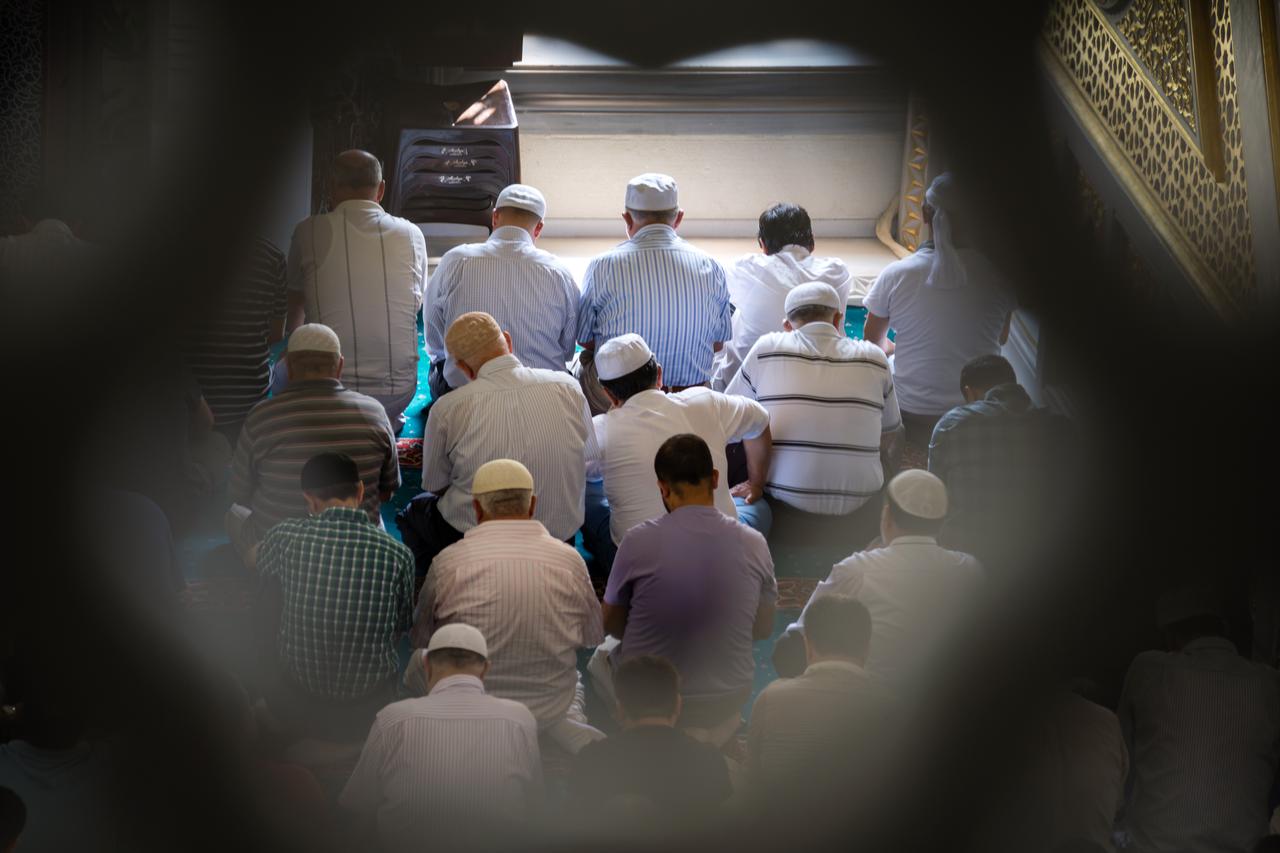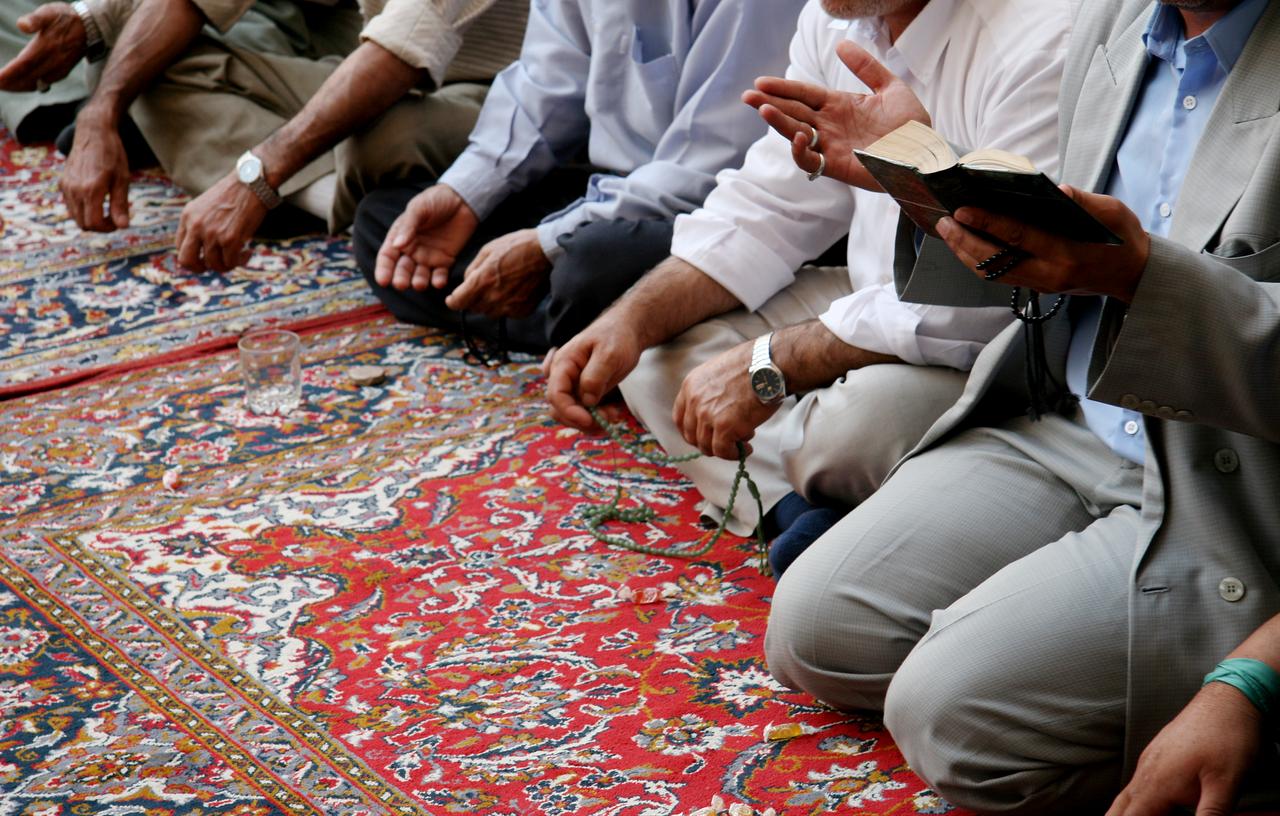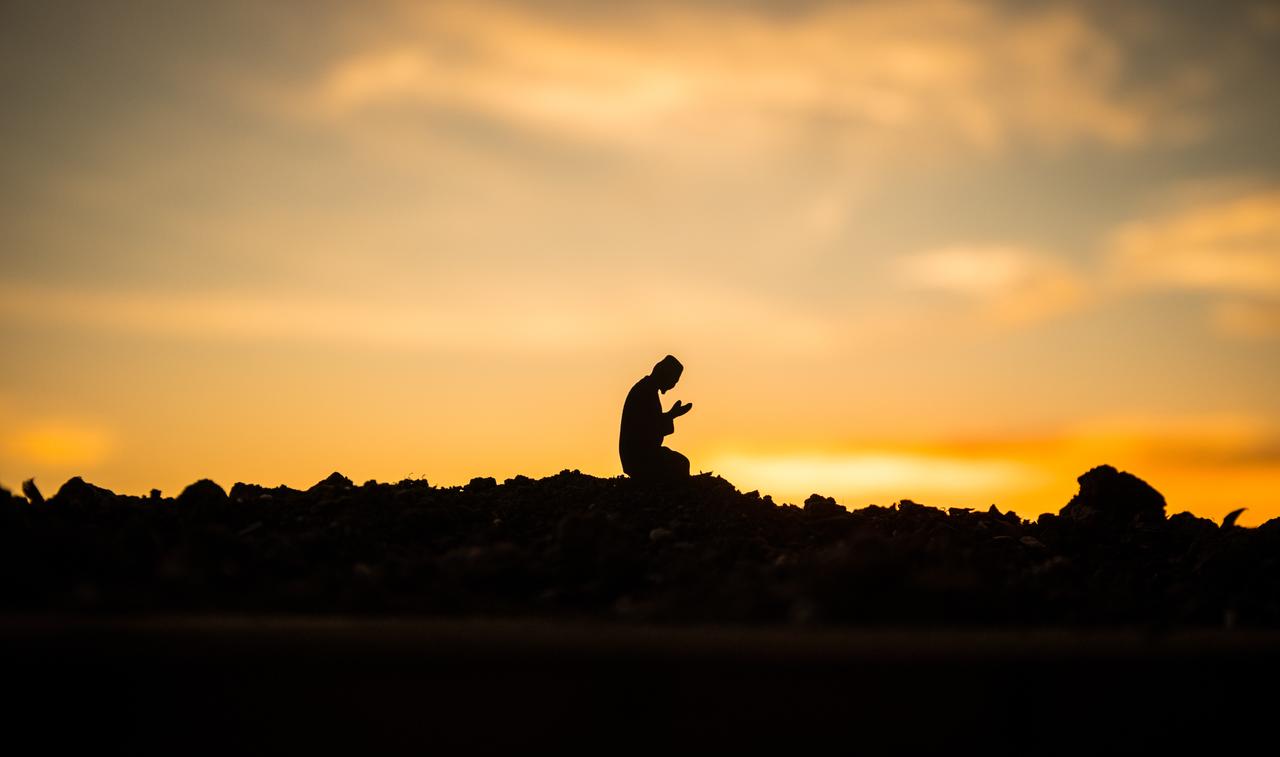
American imams stand out because they don’t just preach, they lead.
They lead not simply because they speak English well, but because they embody a new model of religious leadership that combines spiritual guidance with community engagement.
In the United States, imams are far more than prayer leaders or preachers. They are community leaders, educators, counselors, activists, and moral voices. The American social landscape, diverse, pluralistic, and secular, calls on them to serve not only as religious figures but also as spiritual mentors and civic guides. In this environment, the imam’s role naturally expands into a broader, more integrated form of leadership that bridges faith and public life.
Unlike in many Muslim-majority countries, where imams are limited to ritual leadership or state-controlled sermons, the American context grants them both freedom and responsibility to address society’s moral and political questions. The constitutional guarantee of religious freedom allows them to speak about Gaza from the pulpit, denounce Islamophobia in Congress, and mobilize Muslim voters for justice, foreign policy, and human rights. What might be dismissed as “political” elsewhere is understood here as moral responsibility. In doing so, American imams embody a dynamic model of leadership that unites faith, intellect, and civic courage.
Even in European countries like France or Germany, imams rarely enjoy such openness due to restrictive forms of secularism that limit religious expression. In contrast, America’s more passive secularism allows imams greater freedom to engage in public life.

Across the United States, mosques are evolving into multifunctional community hubs, not only spaces for prayer, but centers of education, culture, and service. They host classes, interfaith programs, counseling sessions, senior gatherings, youth activities, and events for new Muslims.
Institutions like the Diyanet Center of America exemplify this vision, a modern reflection of the Ottoman Külliye tradition, where worship, learning, and social life harmoniously coexist under one roof. This mosque-centered complex model captures the American imam’s broader mission: to nurture faith while strengthening community life in a holistic and dynamic way.
American imams today command audiences far beyond their mosques. Their sermons reach millions online, from Cairo to Kuala Lumpur, from Istanbul to Johannesburg. Figures like Omar Suleiman, Yasir Qadhi, Nouman Ali Khan, and Hamza Yusuf have turned the American mosque into a global minbar.
While their fluency in English, the lingua franca of the modern world, amplifies their reach, their true influence lies in their ability to speak to the real struggles of modern Muslims. They address issues like secularism, mental health, family, gender relations, and identity with honesty, empathy, and intellectual depth, bridging classical Islamic scholarship with contemporary lived realities.
In the American context, an imam’s authority extends far beyond the mosque. They serve as chaplains in universities, hospitals, and prisons; as organizers of youth camps, interfaith programs, and civic initiatives; and as first responders to social crises, offering comfort after tragedies, guiding families through grief, and advocating for the oppressed.
When they march for racial justice, welcome refugees, or call for peace abroad, they project an Islam that is confident, compassionate, and engaged. To many non-Muslims, American imams embody a constructive and humane Islam, offering a counter-narrative to the stereotypes that have long shadowed Muslim communities.
In this way, the American imam becomes not only a spiritual guide but also a moral bridge between faiths, earning a credibility that transcends religious boundaries.
Perhaps the most distinctive feature of American imamship is the ability to connect with youth. Rather than maintaining distant authority, these imams cultivate genuine mentorship and friendship. Their khutbahs and talks blend Qur’anic wisdom with real-life struggles, school pressure, social media, mental health, family challenges, and the search for meaning and purpose.
They speak in a language that young Muslims understand, both intellectually and emotionally. This authenticity transforms the imam from a traditional preacher into a life coach and moral anchor. Their empathy builds trust and belonging at a time when many young Muslims feel disconnected from organized religion.
The United States is home to one of the fastest-growing revert communities. Many American imams themselves are converts, giving them a unique empathy and sensitivity toward new Muslims as they navigate faith in a secular world.
Their own journeys, of struggle, doubt, rediscovery, and spiritual transformation, lend authenticity and credibility to their message. They know what it means to wrestle with doubt, to seek truth in a pluralistic society, and to rebuild one’s life around faith. They guide with patience and compassion, not judgment, recognizing that faith grows gradually. They do not expect a revert to become the “perfect Muslim” overnight; instead, they guide them patiently, meeting each person where they are and helping them grow at their own pace. This pastoral sensitivity has become a hallmark of American da‘wah: inclusive, gentle, and deeply human.
If the minbar is the traditional platform, the digital world is today’s frontier. American imams have mastered the art of digital engagement and social media as a means of outreach and education. Their sermons stream on YouTube, their reflections circulate on Instagram and TikTok, and their podcasts reach listeners who may never set foot in a mosque. But their online success is not merely technical; it’s about relevance, it’s substantive. They fuse theological insight with storytelling, addressing both global crises and local concerns. Through this “digital ummah,” that transcends geography and borders, Muslims from across the world engage in shared moral and spiritual conversations

American Muslim communities are a mosaic; Arabs, South Asians, Africans, Turks, Bosnians, reverts, and more. This diversity forces inclusivity. It’s common to hear sermons begin in English and close in Arabic, Urdu, or Turkish. Such linguistic flexibility mirrors Islam’s universality. Working in a minority context sharpens their sense of duty. With limited institutional infrastructure, imams must act as teachers, advocates, counselors, and protectors of identity. Balancing fidelity to tradition with openness to pluralism requires both intellectual rigor and emotional intelligence, traits many American imams have honed through experience.
Perhaps what most distinguishes American imams is their moral independence. Free from state control, they can challenge injustice, critique foreign policy, and speak truth to power. When political leaders justify wars or ignore humanitarian crises, these imams remind their congregations of Islam’s enduring call to justice and compassion. Their authority is not imposed by the state but earned through trust, service, and integrity. This moral courage has made the American imam a respected figure not only among Muslims but in interfaith and civic spaces.
Despite their growing influence, American imams face significant challenges. Rising Islamophobia, political polarization, and pressure from powerful lobbies often limit their ability to speak freely, especially when criticizing foreign policy issues such as Palestine. Meanwhile, secularization, individualism, and liberal ideologies continue to shape younger generations, requiring imams to develop more effective strategies for engagement and education.
At the same time, some American imams’ limited grounding in classical scholarship or overreliance on popular discourse can lead to imbalanced interpretations, highlighting the need for stronger classical training.
The rise of American imams marks a turning point in global Muslim leadership. In many ways, their model revives the spirit of the early scholars, faithful yet socially engaged, spiritual yet practical. American imams embody a synthesis between the traditional and the modern, the local and the global.
As the global Muslim community continues to seek authentic and accountable leadership, the example of the American imam offers an instructive lesson: faith that dialogues with reason, spirituality that engages with society, and leadership rooted not in authority, but in service.
It’s not just that American imams speak English well.
It’s that they speak to the world clearly, courageously and with conviction.